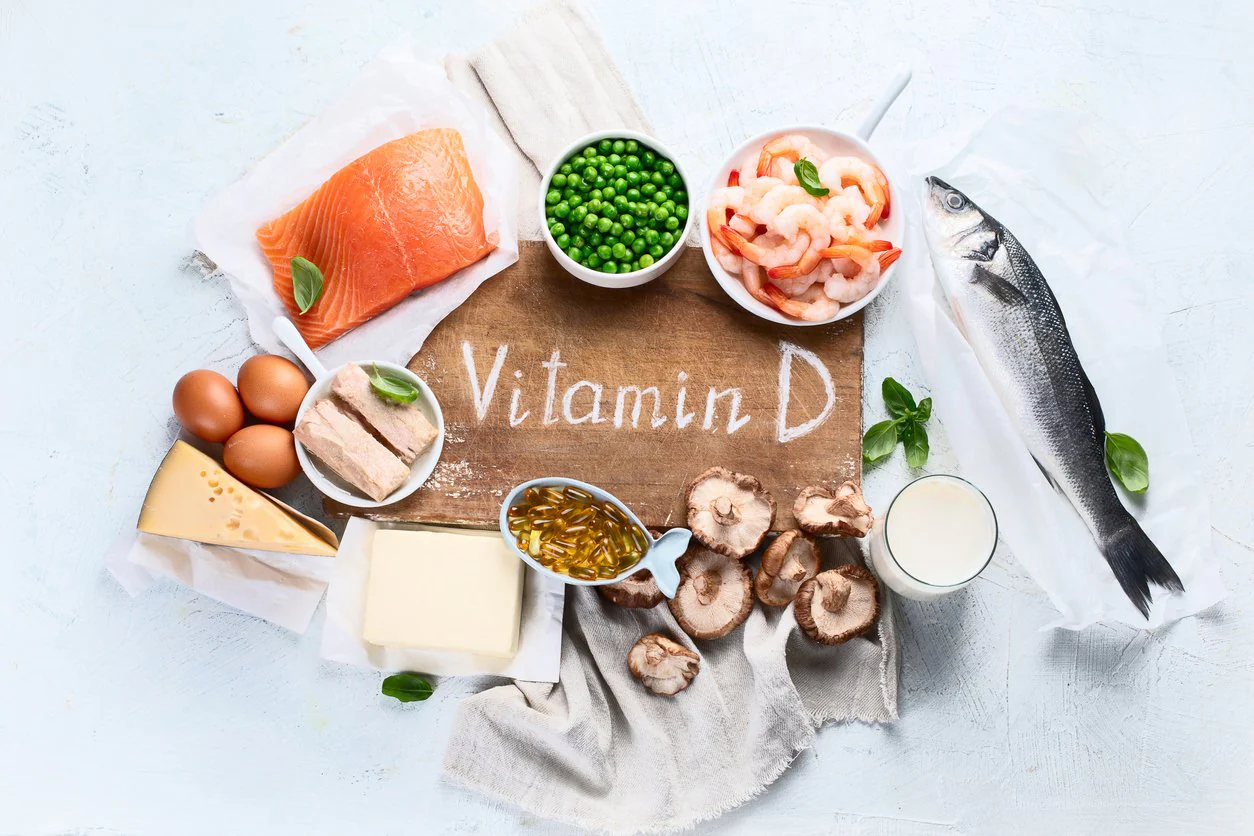
- Health advice
- Feb 24, 2014
Firstly, what exactly is 'Vitamin D'?
Vitamin D functions in the human body as a Steroid Hormone. It is related to the familiar steroid hormones (or sex hormones) oestrogen, progesterone and testosterone. You can get Vitamin D from food and from the sun. The sun synthesizes Vitamin D in your skin from cholesterol. Vitamin D occurs in two forms. One is produced by the action of sunlight on skin (D3 or Cholecalciferol) and the other is found in a limited range of foods (D2 or Ergocalciferol).Not enough Vitamin D from your diet
With current food supplies and patterns of eating, it is almost impossible to obtain sufficient Vitamin D from the diet alone. Vitamin D in foods is fat-soluble and is biologically less active. In your circulation, Vitamin D appears as 25-hydroxyVitamin D (25(OH)D) which is five times more potent than D3 (cholecalciferol). Within your body cells you covert these precursors to the biologically active form '1,25 dihydroxy Vitamin D' which is responsible for the physiological activity of Vitamin D.What happens if you are Vitamin D deficient
Chronic Vitamin D deficiency has been found to be a causative factor in the following conditions/states:- Many cancers (including colorectal, breast, prostate and pancreatic cancers)
- Depression
- Diabetes
- Cardiovascular disease
- Hypertension
- Autoimmune conditions (including multiple sclerosis, Hashimoto's thyroiditis, Crohn's disease, ulcerative colitis and rheumatoid arthritis)
- Autism
- Eczema
- Macular degeneration
- Alzheimer's disease and dementia
- Osteoporosis
- Obesity
How do you know how much Vitamin D is adequate?
Genetics play an important role in how efficiently you convert the 25OH form of Vitamin D to the biologically active 1,25 form. A blood test is the best assessment of your Vitamin D levels. Standard blood tests measure the 25OH form. Ideally, 'sufficiency' should be well into the standard reference range of around 51-140 nmol/L.Peter Radi - Senior Naturopath and Nutritionist
Having completed many years of research, experienced Naturopath Peter Radi can give you specific health information on Vitamin D deficiency and the ways in which you can overcome it Learn more about Peter hereRelated Articles
Liquid error (sections/article__main line 267): invalid url input
Read more
10 min read
Feb 24, 2014















